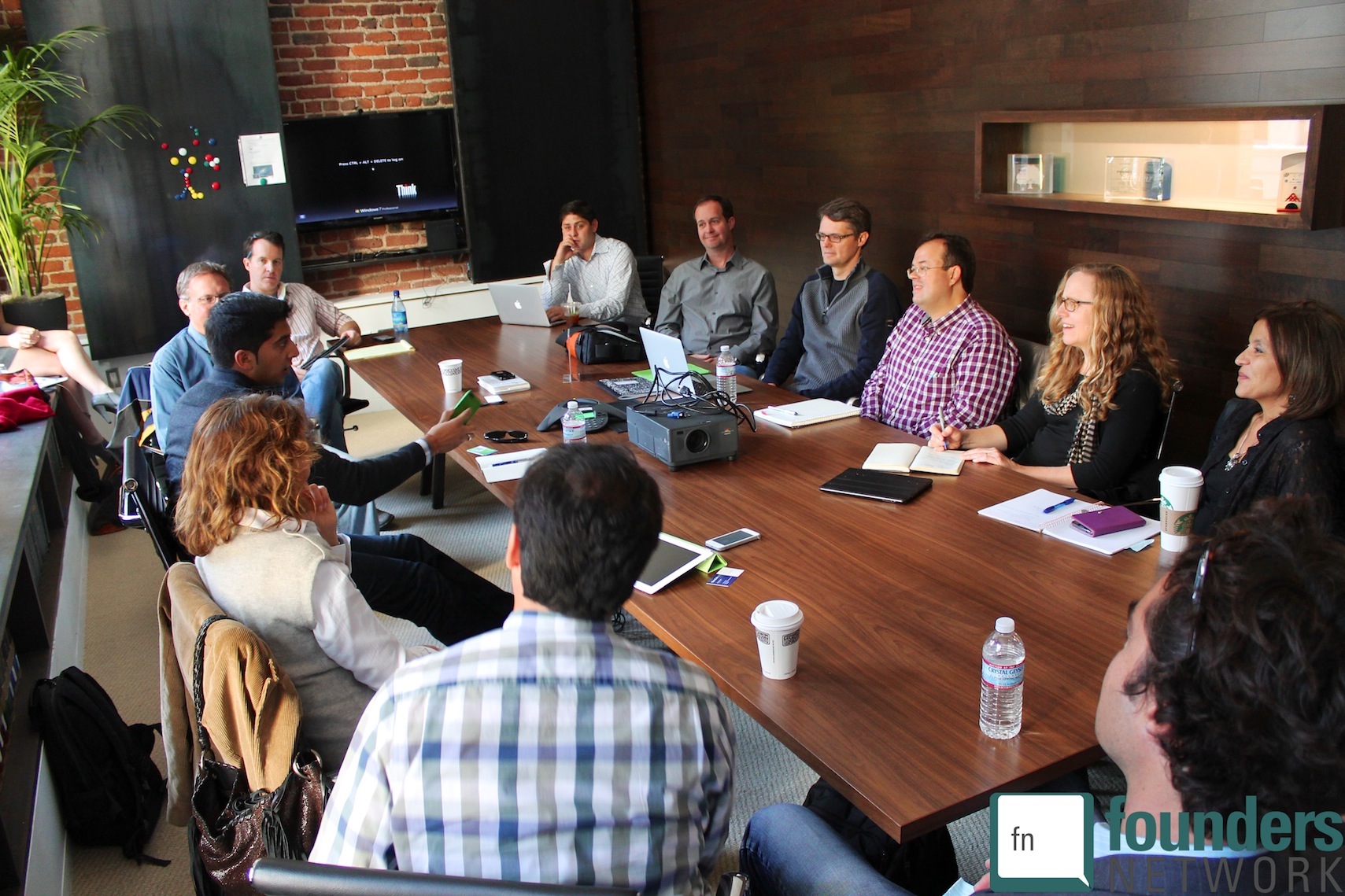
According to a 2021 US Venture Capital Outlook report from Pitchbook, funding analysts expect that the Bay Area will fall below 20% of U.S. deals for the first time this year.
Venture capital investment in Silicon Valley is not decreasing. Instead, VCs have expanded funding efforts to launch tech hubs in new locations around the country. With these changes, it’s now easier than ever for non-Bay Area startups to develop relationships with local investors and get their startups funded. This is great news for the rest of the country.
With these changes, it’s easier than ever for startups outside of the Bay Area to develop relationships with local investors to help them scale.
Matt Gittleman, a senior associate at Blu Venture Investors in Washington D.C. who invests in the cybersecurity sector, gave us advice on finding and approaching regional investors. His firm, Blu Venture Investors, maintains over $64MM assets and has been involved in eight successful exits.
Matt will offer advice and feedback at a Founders Network Pitch Practice on June 23. Register at Founders Network and check if you qualify for full membership and get actionable advice on:
- Identifying and expanding your total addressable market
- Creating a marketing or go-to-market strategy that will attract investors
- Pinpointing realistic long-term goals
- Other direct feedback about your funding pitch
Matt’s Top Tips for Working With Regional Investors
Before you pitch to Matt or other investors, learn what’s different and what’s the same about regional markets compared to Silicon Valley funding.
1. Look For Investors Willing to Help You Make Connections
In a place like D.C., the average check size per investor tends to be smaller than you’d find in the Bay Area, and you’re more likely to see syndicated funding rounds. If you’re ready to fundraise and are considering a syndicated round, or are talking to a firm that is suggesting one, make sure they’re willing to help.
Firms like Blu Ventures connect founders to other investors to complete their funding rounds. This helps to de-risk their investments with more investors that have skin in the game.
This may be for the same round or for future funding rounds. “I spend a lot of my time in my role actually developing relationships with later-stage investors so that our companies can be connected to the right people afterward.”
“Everything is a lever. A founder may be a first-time founder but has great market traction, or maybe they have very little market traction, but they've sold the last company for half a billion dollars.” - @m_gittleman Share on X
2. Expect the Same Requirements As a Silicon Valley Investor
Even if the checks are smaller, regional funders are still looking for good investments.
According to Matt, Blu Venture looks for market traction and a healthy total addressable market (TAM), a list of mature and invested customers, experienced founders, and solid business and marketing plans. But it’s okay If you don’t check everything off the list.
“Everything is a lever,” Matt explained. “A founder may be a first-time founder but has great market traction, or maybe they have very little market traction, but they’ve sold the last company for half a billion dollars. Those are all different levers that are going to be very relevant to our ultimate decision. And so you have to play up to your strengths.”
“We like investing locally when we're able to because it's supporting the local ecosystem. Investing locally means that we can make sure that we stay close to the company better so we can be more supportive of them.” - @m_gittleman Share on X
3. Get Plugged Into the Local Tech Community
Having a presence in the local tech community can up your appeal to a local investor, whether you’re working with local accelerators or groups like the Founders Network local chapters.
For instance, Blu Ventures has a close relationship with the MACH37, a cybersecurity accelerator based in Virginia.”We’ve always found those companies to be of great interest to us, and we like supporting them.“
For Matt, there are two main reasons to support local startups: “We really do like investing locally when we’re able to because it’s supporting the local ecosystem.” Matt explained. “But also, investing locally means that we can make sure that we stay close to the company better so we can be more supportive of them.”
Mainly, post-COVID, staying close doesn’t rely on physical proximity. You can always hop on a Zoom call. But there’s still something about being able to grab coffee or stop by someone’s office or coworking space.
4. Talk to Investors Before You’re Ready to Pitch
“I always tell founders the best time to meet your first investor was a year ago,” Matt said. “The reason for that is that regardless of where you are today, drawing a line in the sand to be able to say, ‘This is what I’ve done, and this is what I’m going to do.’ And then to come back in three, six, nine or 12 months, and say, ‘Here are the things I did.’”
While Matt encourages founders to reach out earlier to start to build trust, he also recommends seeing how long you can bootstrap. If you’re able to build traction around an idea or a product without external help, you’re going to have a better experience when you do finally fundraise.
“As a group, VCs want to invest in people that aren’t looking to raise money. There’s a little bit of FOMO that comes to play. If you are building and growing a company at a scale that’s interesting to a VC with some exponential growth happening, they’re going to want to be a part of that. And if you’re not raising money, they’re only going to want to more.”
“Any founder going into a pitch meeting needs to go into the meeting with trust built-in. If they don't have trust, they shouldn't go into the meeting.” - @m_gittleman Share on X
5. Prepare to be Transparent
“Any founder going into a pitch meeting needs to go into the meeting with trust built-in. If they don’t have trust, they shouldn’t go into the meeting,” Matt said.
There are cases where NDAs get in the way of disclosing certain information, but you should be able to clearly explain what you are and aren’t able to disclose and why. Otherwise, if you can’t answer a VC’s questions, it’s going to look like you have something to hide.
But this transparency should work both ways. Matt encourages all founders to interview the investors, as well.
“If the VC wants to move forward with a due diligence with the investment, ask to do diligence on them, as well. Ask for references from their partners and their portfolio. All too often, that doesn’t get done.”






